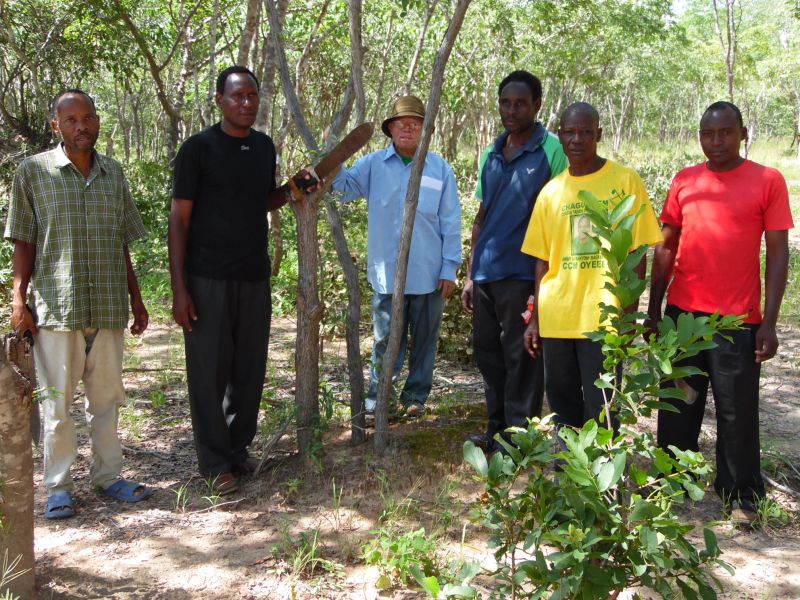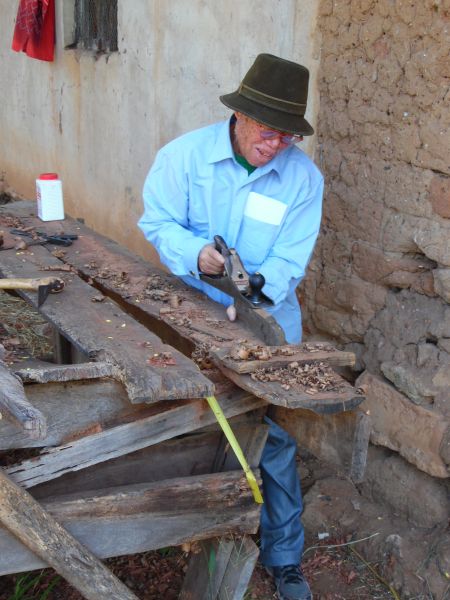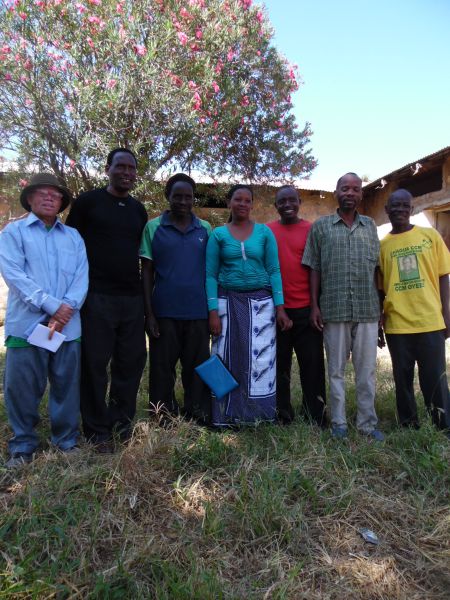
It is Mushrooming in Kilimatinde
July 14, 2016
by Adda Amos Ngoya – World Vision Tanzania
Five years ago, residents of Kilimatinde village, central Tanzania never bothered to protect the environment. Cutting down trees for charcoal burning as an alternative source of income was a normal practice. Today, village forests have become a source of food, firewood and income generating activities for more than 40,000 villagers in 16 villages around Kilimatinde.
“Before I joined the forest management program I to used walk about ten kilometers to fetch firewood because all the trees around our homes were cut down. Now things are different, I walk only ten meters” said Beatrice Yohana (31), a mother of two. She adds that, it was extremely risky leaving children behind while going to look for firewood. She said at times the children would spend almost a whole day at home by themselves while their father had gone deep in the forest to burn charcoal.
But through the World Vision’s Food Security and Natural Resources project initiated in the area about four years ago, her life has turned to better as she enjoys the natural resources around her.
After receiving intensive training from World Vision Tanzania, Beatrice and other 24 members of her village formed an environmental committee to voluntarily to lead the village in the environmental protection. The group approached the village authority and requested to be allowed to conserve a section of the forest that was in the verge of extinction. Beatrice proudly explains that, “Since then the forest has changed with more natural trees have growing, attracting animals and bees.”

Through Farmers Managed Natural Regeneration Project, World Vision supported Beatrice’s group in identifying forest based livelihoods activities; beekeeping being among them. Beatrice commented that, “after forests started attracting bees, I decide to start beekeeping through World Vision help.”
Beatrice’s group welcomed Charles, (78, pictured above) a person living with albinism in the village. He appreciates the efforts that World Vision has put in conserve the environment in the areas, saying that through the group activities he has found source of income. Charles always covers his head with cap to avoid sun which is damaging to his skin.
Charles expounds that, “through income I get from beekeeping activities, I am able to take care of my skin through applying body cream.” Due to his albinism Charles used to feel threatened, but he has found solace in the group given that they work together most of the time.
“ As you know people with albinism in the country are living under fear of killing but through this group I have found friends who are always with me…..at times even when I am just resting at home they often call to confirm my whereabouts” he said.
Charles is proud that through the village community bank (VICOBA) initiated by the group few almost a year ago, they will be able to borrow and establish other small businesses.

The group owns 80 modern beehives and 19 traditional hives. Almost two years since they started beekeeping, Charles harvested 24 kilograms of honey, which he sold at Sh 10,000 per kilo ($4.50 USD)
Since the forest started regenerating, it is mushrooming in our village. Charles added that, “apart from honey, the forest also is a source of mushroom, one of the well-liked and delicious foods in the area”.
“This rainy season we were blessed to have mushroom in the forest. It came as a blessing at a time when there was not enough food in the village” Said Charles.
He said the fungi grow under trees covered with moistened leaves, thus their forest has become an ideal place for its growth.
Charles added that, people living in nearby villages came to their area to harvest the wild growing mushrooms to feed children.
“I am so grateful to World Vision for supporting us in environmental conservation, now we are getting back to life, I have come to realize that forest is life.” Concluded Charles.
